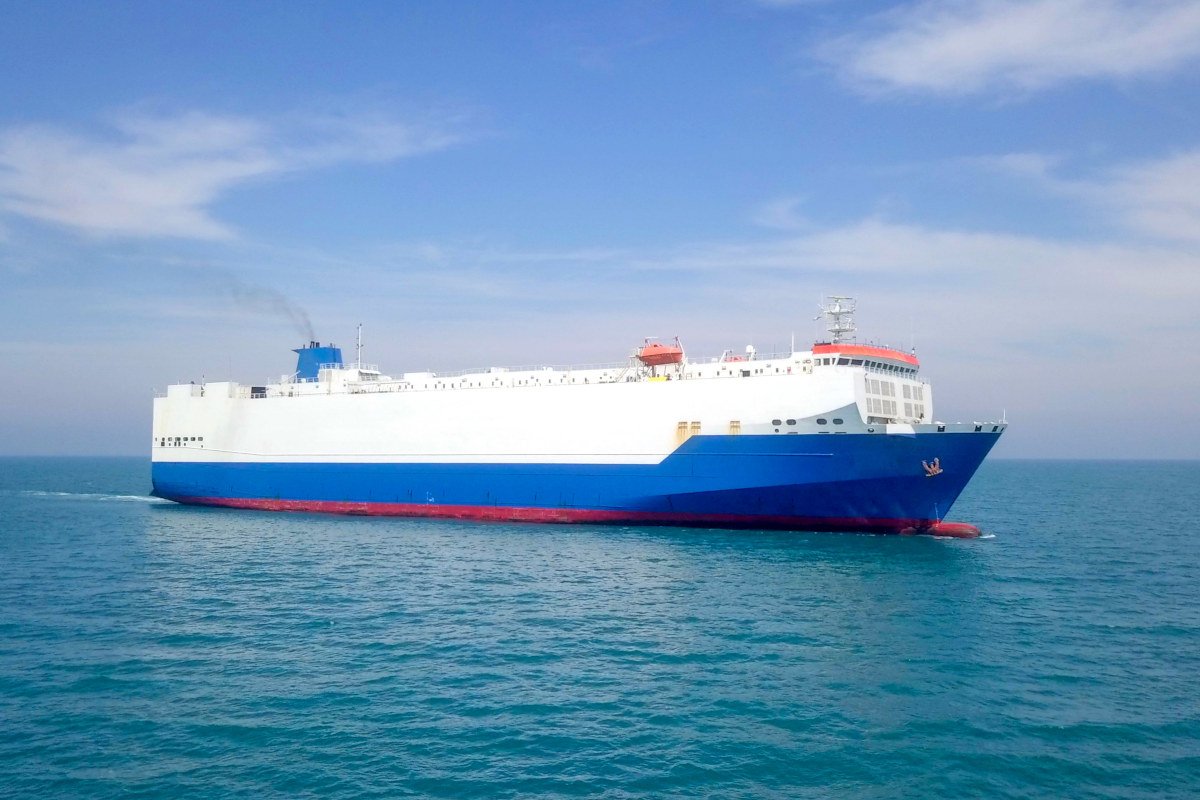Discover the essential shipping options for importing cars from China. This guide covers sea freight, RoRo shipping, rail transport, and air freight, providing detailed insights into costs, benefits, and key considerations. Learn how to optimize your import process with ChinaCarDirect.com.
Posted At: Th06 02, 2025 - 2,110 Views

Introduction
Shipping cars from China to international markets involves careful planning and an understanding of the various logistics methods available. Whether you are an overseas car importer, dealer, fleet operator, or wholesaler, knowing the key shipping options and their implications is crucial for a successful import operation. This guide provides a comprehensive overview of the primary shipping methods used for exporting cars from China, helping you make informed decisions and optimize your import process.
Key Shipping Options
1. Shipping by Sea
Shipping cars via sea is one of the most common and cost-effective methods for long-distance exports. This method involves loading vehicles into shipping containers or onto specialized vessels designed to carry wheeled cargo. Sea freight offers several advantages, including lower costs and the ability to transport large volumes of vehicles.
Container Shipping: Cars are securely loaded into shipping containers, protecting them from external elements during transit. This method is suitable for bulk exports to various destinations worldwide. The average cost for container shipping ranges from $2,000 to $4,000 per container, depending on the size and destination.
Roll-on/Roll-off (RoRo) Shipping: RoRo shipping involves driving the cars directly onto specialized vessels designed to carry wheeled cargo. This method is convenient for large volumes of vehicles and minimizes handling during loading and unloading, making it faster and more efficient. RoRo shipping costs can vary, but they generally range from $1,000 to $3,000 per vehicle.
2. Shipping by Rail
For neighboring countries or regions with accessible rail connections, transporting cars by train can be a viable option. Rail transport offers a balance between cost and time, especially for destinations with well-developed railway networks. Rail shipping costs can vary based on the distance and volume, but they generally range from $500 to $1,500 per vehicle.
3. Shipping by Air
Air freight is the fastest method of shipping cars from China but is generally reserved for high-value, luxury, or time-sensitive car shipments. It is relatively more expensive than other modes of transport but is ideal for urgent deliveries or limited quantities. Air freight costs can range from $9,000 to $30,000 per vehicle.
4. Land Transportation
Cars can be transported by road to neighboring countries or regions with well-connected road networks. This option is suitable for smaller shipments or destinations where other transport methods may not be as efficient. Land transportation costs can vary based on distance and volume, but they generally range from $300 to $1,000 per vehicle.
Additional Considerations
1. Documentation and Customs Clearance
Proper documentation and customs clearance procedures are essential for exporting cars from China. Exporters need to ensure compliance with the regulations and requirements of the importing country. Key documents include the commercial invoice, certificate of origin, packing list, and vehicle inspection certificate. Working with a customs broker can simplify the process and help avoid delays.
2. Insurance Coverage
It’s crucial to obtain comprehensive insurance coverage for the vehicles during transit to protect against any potential damages or losses. Insurance costs typically range from 1% to 3% of the vehicle’s value.
3. Packaging and Secure Loading
Cars should be securely packed and loaded to prevent any damage during transportation. Properly securing the vehicles in shipping containers or on transport vehicles is critical to ensuring their safe delivery.
4. Working with Freight Forwarders
Choosing a reliable freight forwarder is essential to ensure your vehicles arrive safely and on schedule. Freight forwarders specialize in handling logistics, documentation, and customs clearance procedures, providing real-time tracking of your shipment.
Case Study: Importing Cars from China to the United States
A U.S.-based car importer decided to import a batch of electric vehicles (EVs) from China to meet the growing demand for sustainable transportation in the U.S. market. The importer chose RoRo shipping for its cost-effectiveness and ability to handle multiple vehicles. By working with an experienced freight forwarder, the importer ensured all necessary documentation was prepared and customs clearance was handled smoothly. The imported EVs were well-received by the market, contributing to the importer’s business growth.
Shipping cars from China involves several key considerations, including the choice of shipping method, documentation, customs clearance, insurance, and packaging. By understanding the advantages and costs associated with each shipping option, B2B buyers can make informed decisions and optimize their import operations. At ChinaCarDirect.com, we specialize in facilitating the export of high-quality vehicles and can provide expert guidance and support throughout the shipping process. Welcome to contact us for a quote and start your journey in importing cars from China today!





